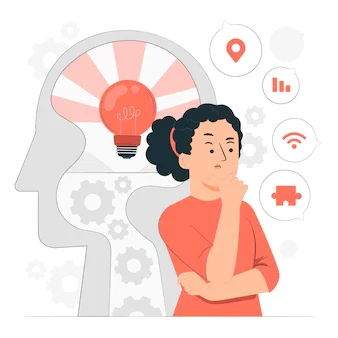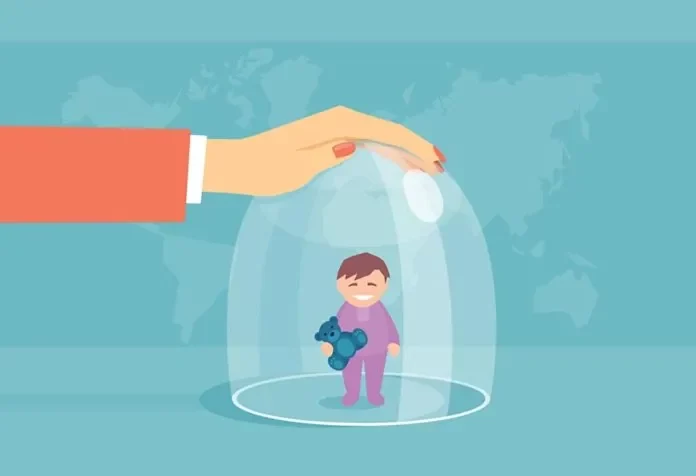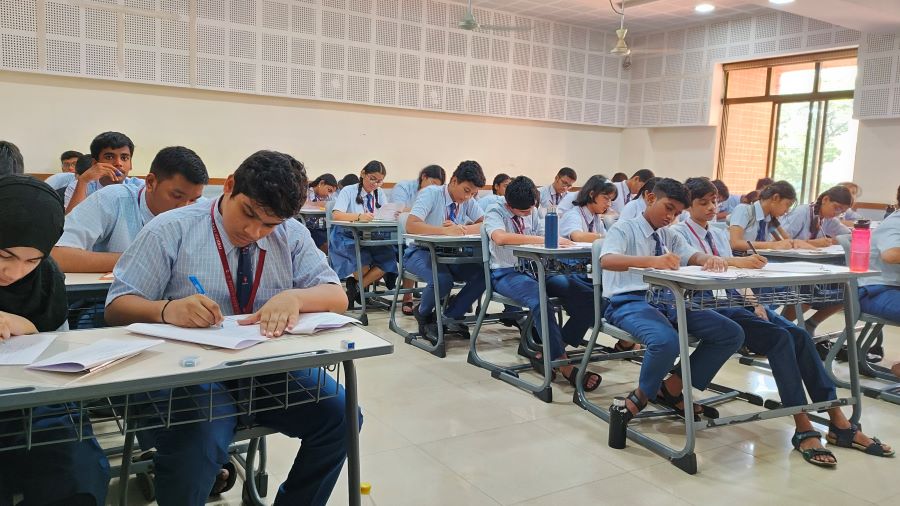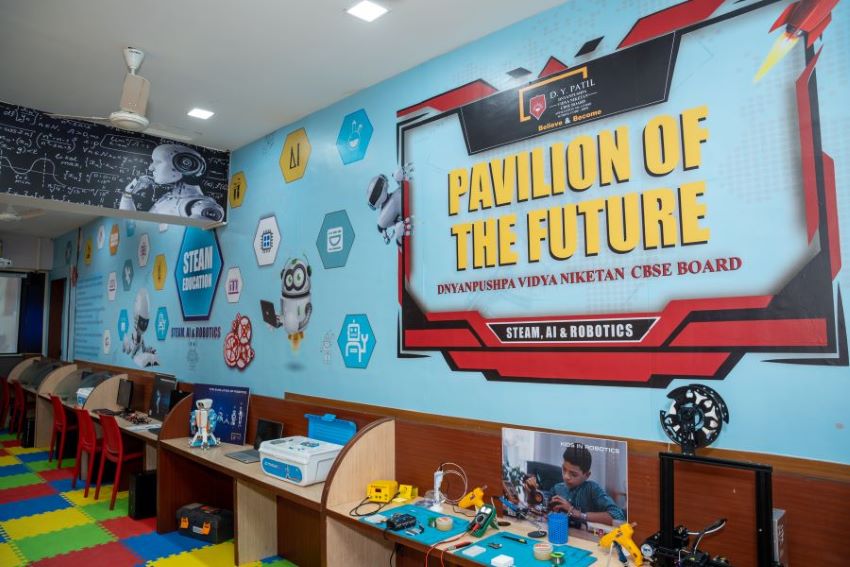
The great educationists across the world have now realized the importance of developing the skills and competencies in children that equip them in a holistic manner for the 21st century world. And, there is no two-way about the fact that the process needs to be initiated as early as possible. NEP 2020 highly advocates the integration of the 21st century skills in the school curricula and pedagogy.
Critical thinking is a very important life skill that helps to understand and analyze situations objectively, evaluate and apply information from a wider perspective, and build sustainable relationships for a better future.
Important Critical Thinking Skills:
1. Identification of a situation and defining its cause.
2. Research and acquisition of information or opinions relevant to the situation.
3. Analyzing the available information or data and minutely considering all the aspects and view-points objectively
4. Drawing conclusions on the basis of the relevant information and personal knowledge and experience.
5. Identifying the best solution or possibilities for making a well-informed decision.
6. Applying or communicating the solution in an effective way.
7. Evaluating the results critically and being ready to implement the lessons learnt in future.
How to develop Critical Thinking Skills in children:
While there are critical thinking activities and games to promote the skill, we are enlisting a few things here that the parents can do to help children develop a healthy critical thinking mindset and apply higher order thought processes in daily situations.






1. Encourage their curiosity
Children are curious about their environment and their minds are filled with a lot of ‘whys’ and ‘hows’. Create an environment where they are free to ask questions without any obstruction or fear.
Open communication allows them to formulate judgement based on objective evidence and logical analysis bringing out the confident individual in them.
2. Discourage blind obedience
Motivate the child to think independently and make sound judgements. When they are given the tools of reasoning and logical thinking, they often stray away from the beaten path to find a way of their own. It adds meaning to their lives.
3. Allow them to deviate from the usual pattern
Dealing with a child with openness and flexibility encourages them to consider multiple possibilities and diverse solutions to the known challenges. They must be motivated to solve problems by connecting various ideas from diverse domains and strengthening their analytical skills.
4. Ask open-ended questions
Open ended questions are a great way to enhance the critical thinking skills of the children as they allow the children to expand their thoughts and ideas, and are open to interpretation. Such questions offer a scope of much deeper analysis and thought.
5. Don’t intervene at every ebb and flow
Children are bound to tumble as they come across hurdles and difficulties. But, as they grapple with a situation, they learn to be responsible and accountable. So, we must stay away from offering a helping hand always and keep a watch on them as they find a solution to the problem all by themselves.
To encapsulate, developing the critical thinking abilities in children is essential to boost their confidence and help them grow up as responsible individuals with clear vision.




Leave a Reply